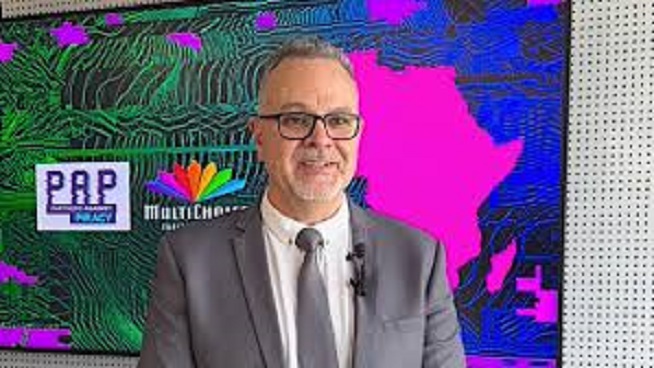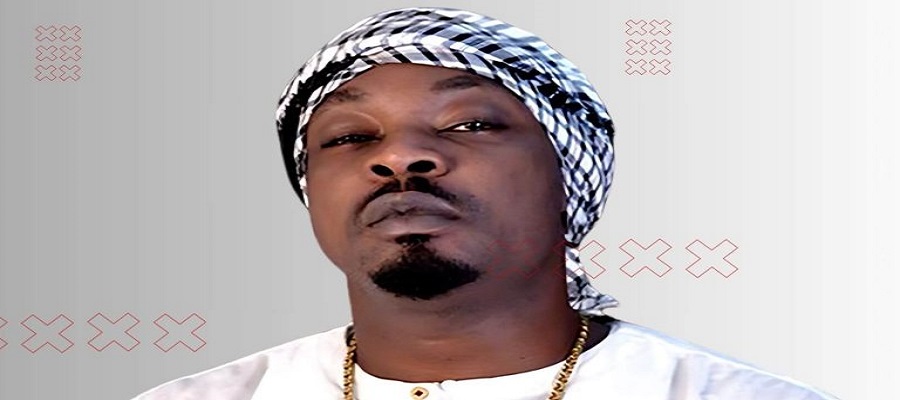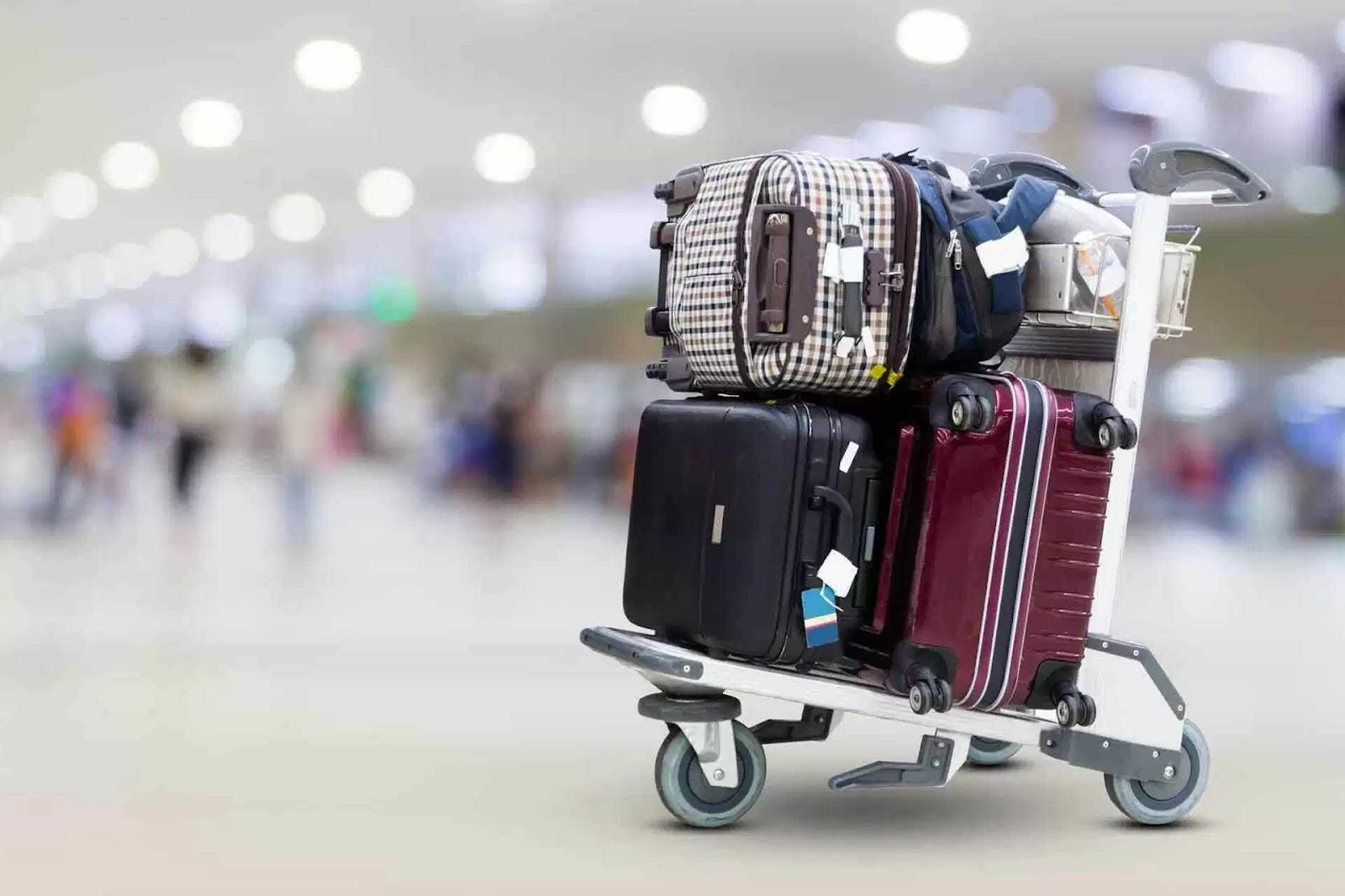Broadcasting
Content piracy: A complex web of causes

By Frikkie Jonker, director of broadcast cybersecurity and anti-piracy at Irdeto, a partner of Multichoice Africa.
Content piracy is acknowledged as having enormously negative social impacts. It is a type of global organised crime that undermines the creative sector. However, what is not often discussed is what drives content piracy. What leads people to steal content?

Frikkie Jonker
Unfortunately, the African continent is something of a global dumping ground for inferior products. This is practised in the area of legitimate trade, but also in the criminal underworld. Outdated regulations, inefficient law enforcement, bribery and corruption all play a role in this.
Despite this, African authorities are doing a heroic job fighting cybercrime and content piracy. There have been huge successes in the prosecution of content piracy operations.
Criminal risk assessments
To understand why Africa becomes a target for piracy, it is useful to look at things from the perspective of a global criminal syndicate. They will often follow the path of least resistance – and for better or worse, Africa is attractive territory.
When it comes to content piracy, Africa has low barriers to entry, and an almost limitless demand for cheap content.
In terms of penetration success – circumventing cybersecurity measures – they may achieve a success rate of 70%, which compares favourably with other territories. This – coupled with Africa’s billion-strong population – is a key supply driver of content piracy.
From the demand side, a potential user of content piracy will do a similar assessment. There would be the risk of possible prosecution. Of being named and shamed. A risk of downloading viruses and malware onto their devices… However, despite all of this, they may choose to take that risk.
There may be a sense that content piracy is a relatively minor crime, compared to crimes such as murder, rape and grand corruption. In reality, though, content piracy is not a minor crime.
Changing attitudes
Unfortunately, where there are few consequences, the barriers to using stolen content are so much lower.
Changing people’s attitude to the crime of content piracy has to be an industry-wide campaign. The creative industry must unite and address the issue collectively – as they have done through pan-African initiatives like Partners Against Piracy.
Government attitudes, too, are critically important. Where a government sees content piracy as an insignificant issue, they are allowing the sabotage of their own country’s creative and entertainment sector.
But there are further impacts. When leading content businesses consider entering the African market, they need the reassurance that their content rights will be protected. Where a country is unable to provide such guarantees, the investments do not materialise.
Hi-tech enforcement
Fortunately, thanks to recent advances in AI, automation, watermarking and digital tracing capabilities, it is now possible to track down and prosecute consumers of pirated content rapidly, accurately and at scale.
In the UK, for example, police recently arrested as many as 2 000 people who were illegally viewing streams of English Premier League football matches. Similar cases are being pursued in Africa.
Piracy is often a multi-level operation, with global and regional headquarters, as well as regional resellers. It is now also possible for content owners and police to identify criminals at every level of these operations, as well as those who consume pirated content.
Economic impacts
Many people believe they simply cannot afford to pay for content. Entertainment often takes a back seat behind the need to put food on the table.
To some extent, premium content is a luxury, so one can understand this perception. However, pricing innovation by content platforms has led to entertainment packages at almost every price point. Financial difficulty is no longer an excuse for content piracy.
Prosecuting content piracy is not simply a harsh clampdown that spoils everyone’s fun. The war on content piracy has very real benefits – for everyone.
It protects the livelihoods of creators, producers and rightsholders, ensuring that there can be more content in the future.
A content sector such as pay-TV has extremely tight margins. Up to 80% of revenue generated goes into producing and securing content. Given these margins, any content theft threatens the viability of the entire industry.
Major productions across Africa – in Nigeria, Ghana, Kenya, Tanzania, Mozambique, and many other countries – sustain thousands of jobs – in production, performance, set and costume design, all the way through to catering, transport and accommodation. The war on piracy is a war to protect these jobs.
In the case of sports events, it is largely the legitimate allocation of broadcast rights that ensures modern professional sport can exist in the first place.
Another benefit of stopping piracy is that it preserves the support ecosystem that maintains trust in content platforms and their ongoing viability. In the legal economy, people invest in people – in their entertainment, their livelihoods and their peace of mind. Enriching their lives. By subscribing to legal content, legal users support this ecosystem.
The reasons for content piracy are complex. But the benefits of a creative economy free of piracy are plain to see. Content entertains, it nurtures, it captures society’s imagination. It helps build local culture. Hence the battle against piracy: to preserve and grow this remarkable industry.
Broadcasting
Eedris Abdulkareem Teases New Protest Anthem following NBC Ban

Eedris Abdulkareem, veteran hip hop artiste, is showing no signs of backing down as he hints at releasing another protest song, shortly after his last track was banned by the National Broadcasting Commission (NBC).

Eedris Abdulkareem, veteran hip hop artiste
He recently again stirred the political waters as he hinted at the release of a new protest song, only weeks after his controversial track Tell Your Papa was banned by the National Broadcasting Commission.
The outspoken musician took to social media on Wednesday, April 16, 2025, to share an animated cover design with the words “3 Arms of Government,” suggesting the theme of his upcoming release.
Though the title remains undisclosed, the post was captioned simply with “Stay tuned,” fueling speculation that another hard-hitting social commentary is on the way.
Abdulkareem, known for his unapologetic political views, recently described the NBC’s decision to ban Tell Your Papa as hypocritical. Undeterred by censorship, he appears set to continue using music as a platform to criticize injustice and demand accountability.
The rapper also recently reaffirmed the relevance of his classic hit Jaga Jaga, stating that it would remain the country’s “second unofficial national anthem” until key issues like security, electricity, and governance are addressed.
With another protest song on the horizon, fans and critics alike are bracing for what may be Eedris Abdulkareem’s most direct political message yet.
Broadcasting
MultiChoice Brings Easter Home with Dedicated Pop-Up Channel

In celebration of the Easter season, MultiChoice has announced the launch of a dedicated Easter Pop-Up Channel, offering DStv and GOtv subscribers across Nigeria the chance to experience live broadcasts of key Easter events and services from the Catholic Archdiocese of Lagos.

The special channel, which runs from Thursday, April 17 to Monday, April 21, will be available on DStv channel 196 and GOtv channel 28, bringing the significance and beauty of Easter directly into viewers’ homes.
Throughout the Easter period, the channel will broadcast a rich lineup of live religious events. The programming begins on Thursday, April 17, with the Chrism Mass in the morning, followed by the Mass of the Last Supper in the evening.
On Good Friday, April 18, viewers can join in the Good Friday Tenebrae and the Seven Last Words service, followed by the Stations of the Cross from St. Gregory’s, and later the Passion Service.
The spiritual journey continues on Saturday, April 19, with the Easter Vigil Mass late in the evening, leading into the Easter Sunday Mass on April 20. The channel’s special programming concludes on Monday, April 21, with the Easter Monday Mass from Galilee.
This dedicated pop-up channel is designed for those who may be unable to attend church services in person, as well as for anyone seeking to deepen their spiritual observance during the Easter holidays. By broadcasting these significant events, MultiChoice reaffirms its commitment to providing content that resonates with the cultural and religious values of its viewers.
Subscribers are encouraged to tune in to DStv channel 196 and GOtv channel 28 throughout the Easter period to take part in these important religious celebrations from the comfort of their homes.
Broadcasting
Maximise Your Easter Getaway in Nigeria with Smart Travel Hacks

Easter is almost here, and with it comes the perfect opportunity to escape the everyday hustle and embark on a memorable adventure. Whether you’re craving some ‘chilling’ time, quality ‘family’ time, or a ‘pepper dem’ getaway, Nigeria offers endless possibilities for exploration. And the best part? Travelling locally has never been easier or more affordable.

Whether you’re a ‘newbie’ traveller or a seasoned pro, we’ve got you covered with essential hacks that will make your trip a breeze. Say goodbye to stress and hello to smooth sailing as you navigate your Easter getaway like a true travel expert.
Planning your trip is like packing your suitcase – essential, not optional
Just like you wouldn’t leave home without your power-bank (just in case!), don’t head off on a quick trip without a plan. A little prep can save you time, money, and stress — from booking flights and sorting transport, to packing light and right.
Nigeria has endless ways to travel. Flying with local airlines like Air Peace or Ibom Air is quick and budget-friendly, while renting a car gives you the freedom to explore scenic routes like the drive to Erin-Ijesha Waterfalls or the journey to Obudu Cattle Ranch. Not into driving? Buses like Peace Mass or God is Good are easy and affordable. And for a truly luxurious experience, you could even consider a chartered flight – if you’re balling!
Travel like a pro: The art of smart packing
Packing smartly is a crucial travel hack that can save both time and money. Amelia Campher recently shared on TikTok how she organised her hair, beauty, makeup, and personal accessories into different vanity cases and toiletry bags from Temu. Each one perfectly stores her daily essentials, keeping everything neat and accessible. She excitedly told her followers, “This is your sign to buy these bags!” Her clever packing strategy ensures that she’s ready for any trip without unnecessary clutter or stress.
Take Jasmin’s experience, for example. After getting hit with extra carry-on fees on a previous flight, she decided to be smarter about her upcoming family trip. In her search for a solution, she found the perfect backpack on Temu for just under ₦40k. Ticking all the boxes, it avoided extra carry-on fees and allowed her to efficiently pack 16 items plus a makeup bag. When they arrived at the airport, Jasmin’s family breezed through check-in with no issues, their backpacks meeting size requirements perfectly. No extra charges, no stress; just a smooth start to their unforgettable five-day family trip.
Backpacks aren’t just ideal for air travel – they’re also perfect for road trips. Whether you’re cramming your car with family and their belongings or flying high, packing smart and light is essential. A compact, well-organised backpack can make your journey easier, no matter the mode of transport.
To avoid unexpected charges when flying within Nigeria this Easter, it’s crucial to familiarise yourself with airline baggage policies; while Economy Class typically permits 15kg to 20kg of checked luggage, and Premium Economy or Business Class allows up to 30kg, always verify specific weight limits with your chosen airline to prevent costly excess baggage fees, especially if you plan on packing more than the standard allowance.
No passport needed: Pack your bags for a Naija Detty Easter
Why travel halfway across the world when Nigeria has it all? This Easter, skip the long-haul and discover the treasures on your doorstep. From the buzzing streets of Lagos to the ancient city of Benin and the serene hills of Jos, unforgettable adventures are just a short trip away.
By travelling locally, you’re not only creating new memories — you’re also supporting local tourism and helping grow our economy. With so many destinations to explore, there’s something for every kind of traveller. So pack your bags, plan smartly, and make this Easter your best Naija Detty holiday yet.

 Telecom1 day ago
Telecom1 day agoMTN Nigeria Takes Broadband Services to the Next Level with FibreX Launch

 News1 day ago
News1 day agoSERAP Files Lawsuit Against NBC Over Ban on Eedris Abdulkareem’s Protest Song Tell Your Papa

 E-Financial1 day ago
E-Financial1 day agoFCMB Group Redefines Corporate Storytelling with The Power Of The Group TVC

 General News7 hours ago
General News7 hours agoEFCC Clarifies SCUML Certificate Misuse Amid CBEX Ponzi Scheme Scandal

 E-Financial7 hours ago
E-Financial7 hours agoCBN, NGX Group Defend Economic Reforms at Nasdaq

 Telecom7 hours ago
Telecom7 hours agoDigital Transformation Remains Africa’s Gateway to Economic Advancement – Adumike

 Telecom7 hours ago
Telecom7 hours agoPAFON 2.0: Experts Discuss Pathways to Boost Financial Inclusion in Nigeria

 E-Business7 hours ago
E-Business7 hours agoGold Hits Record High Amid U.S. Dollar Weakness and Trade Tensions

























